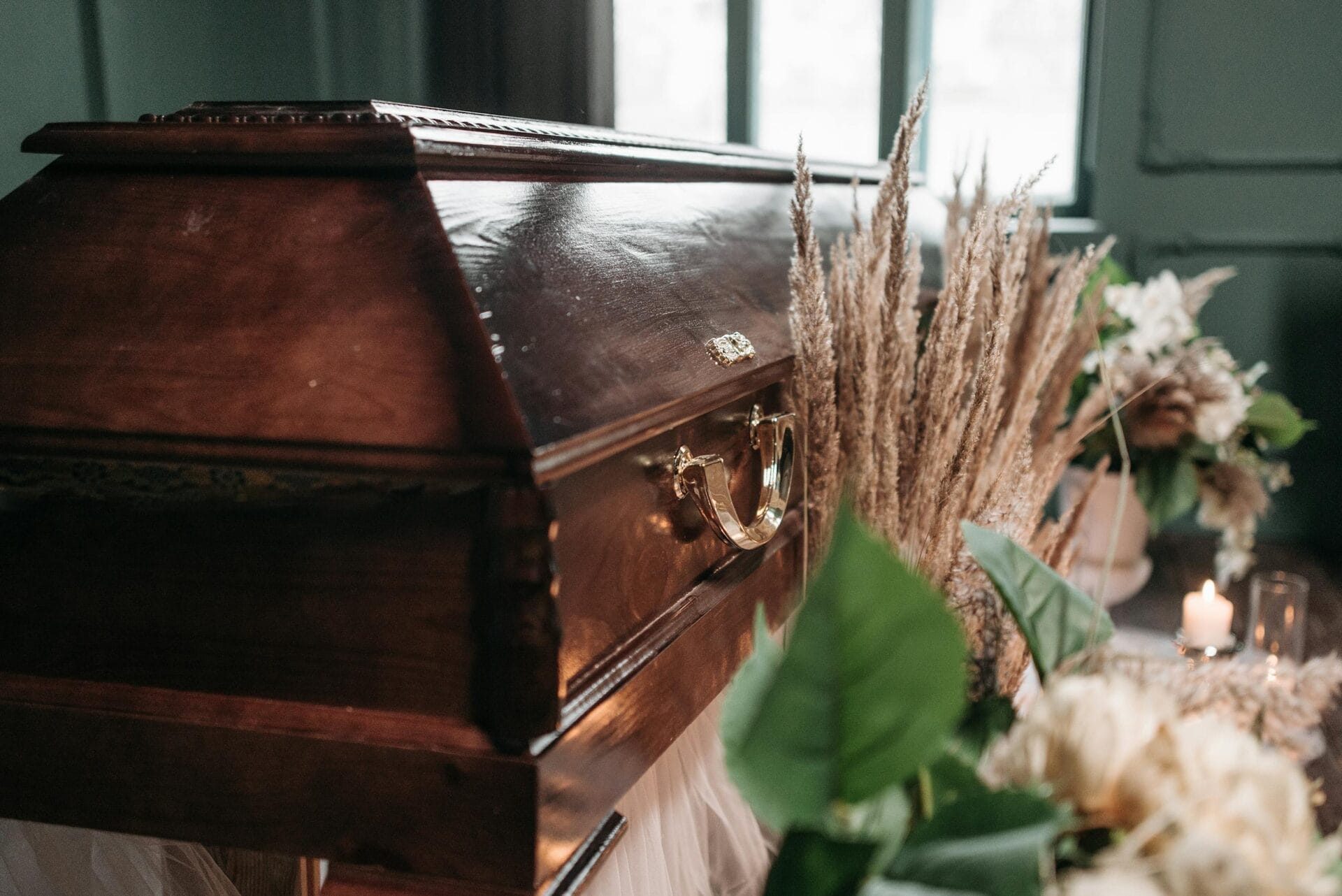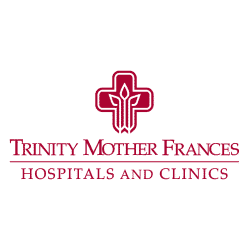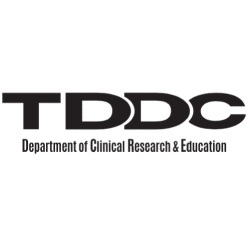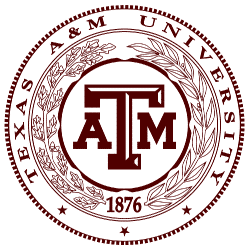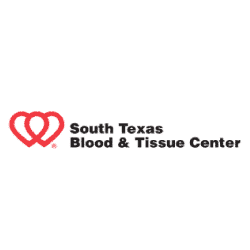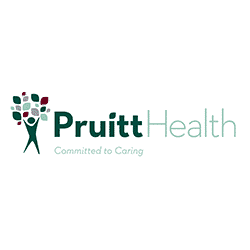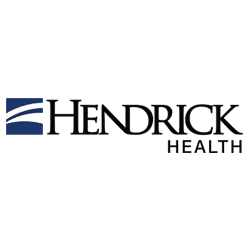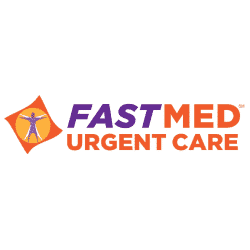Safe & Compliant Medical Waste Disposal for Funeral Homes & Crematories
Funeral homes and crematories play a large role in handling human remains with dignity and professionalism. But beyond the traditional aspects of their work, these facilities also deal with regulated medical waste. Proper disposal of biohazardous materials, such as used personal protective equipment (PPE), surgical implants, and contaminated medical supplies, is essential for maintaining safety and compliance.
MedSharps provides specialized medical waste disposal services tailored to the unique needs of funeral homes and crematories. By following best practices and working with a reliable waste management provider, funeral professionals can ensure compliance, protect staff, and uphold health and safety standards.
Understanding Medical Waste in Funeral Homes and Crematories
Many people may not realize that funeral homes and crematories generate regulated medical waste similar to healthcare facilities. This waste can include:
- Biohazardous Waste – Blood-soaked materials, bandages, and bodily fluids from embalming or preparation procedures.
- Sharps Waste – Needles, scalpels, and other sharp instruments used during post-mortem care.
- Pathological Waste – Tissues, organs, and other biological materials that require specialized disposal.
- Pharmaceutical Waste – Expired or unused medications removed from a deceased person.
- Contaminated PPE – Gloves, gowns, masks, and other protective gear exposed to biohazardous materials.
Improper disposal of these materials can pose health risks to staff, families, and the environment, making proper medical waste management a top priority for funeral professionals.
Regulatory Compliance: Why Proper Waste Disposal Matters
Funeral homes and crematories must comply with state and federal medical waste disposal regulations to avoid legal and financial penalties. Regulations from organizations such as:
- OSHA (Occupational Safety and Health Administration) – Sets workplace safety standards for handling biohazardous waste.
- EPA (Environmental Protection Agency) – Regulates hazardous waste disposal to protect the environment.
- State Health Departments – Enforce local laws governing medical waste transportation and treatment.
Failure to properly manage medical waste can result in fines, legal action, and reputational damage. Partnering with a certified waste disposal provider like MedSharps ensures compliance and peace of mind.
Best Practices for Medical Waste Management in Funeral Homes
1. Proper Segregation of Waste
Not all waste in a funeral home requires specialized disposal. Separating biohazardous materials from general waste helps reduce disposal costs and ensures proper treatment. Funeral homes should:
- Use red biohazard bags for contaminated materials.
- Dispose of sharps in puncture-resistant containers.
- Keep pharmaceutical waste separate to prevent contamination.
2. Safe Handling of Biohazardous Materials
To protect staff and maintain hygiene standards, funeral homes should:
- Use PPE when handling potentially infectious materials.
- Follow OSHA guidelines for exposure control and decontamination.
- Train employees regularly on safe waste management procedures.
3. Partnering with a Licensed Medical Waste Disposal Provider
Rather than handling disposal in-house, funeral homes and crematories benefit from working with licensed professionals like MedSharps. A trusted provider:
- Ensures proper collection, transport, and disposal of regulated waste.
- Helps maintain regulatory compliance to avoid legal risks.
- Provides certificates of destruction for documentation and audits.
How MedSharps Supports Funeral Homes and Crematories
MedSharps offers customized medical waste disposal solutions for funeral homes and crematories, ensuring safety, compliance, and efficiency.
1. Secure & Compliant Disposal Services
MedSharps provides biohazard waste containers, sharps bins, and pharmaceutical disposal solutions designed specifically for funeral homes. Their process follows all OSHA, EPA, and state regulations to guarantee compliance.
2. Convenient Pickup & Mail-Back Programs
Funeral homes generate varying amounts of waste depending on their caseload. MedSharps offers:
- Scheduled waste pickups for high-volume facilities.
- Mail-back programs for smaller funeral homes with minimal waste.
3. Staff Training & Compliance Support
Understanding waste disposal regulations can be challenging. MedSharps provides:
- Employee training programs to ensure safe handling.
- Compliance documentation to protect funeral homes from fines.
Why Proper Medical Waste Disposal Matters for Funeral Homes
Investing in a professional medical waste disposal service benefits funeral homes in multiple ways:
- Ensures Regulatory Compliance – Avoid fines and legal issues by following disposal laws.
- Protects Staff & Clients – Reduce exposure to infectious materials and biohazards.
- Supports Environmental Responsibility – Prevents hazardous waste from contaminating landfills and water sources.
- Enhances Professional Reputation – Families trust funeral homes that prioritize safety and compliance.
By choosing MedSharps, funeral homes can streamline their waste disposal process, reduce risks, and focus on providing compassionate services to families in need.
Medical waste disposal is an essential yet often overlooked aspect of funeral home and crematory operations. Proper handling of biohazardous, pharmaceutical, and sharps waste ensures safety, compliance, and environmental responsibility.
MedSharps provides reliable and customized medical waste solutions to help funeral homes manage their waste effectively. With secure disposal services, flexible pickup options, and compliance support, MedSharps allows funeral professionals to focus on serving families with care and dignity.
To learn more about how MedSharps can support your funeral home or crematory, contact us today for a consultation.

